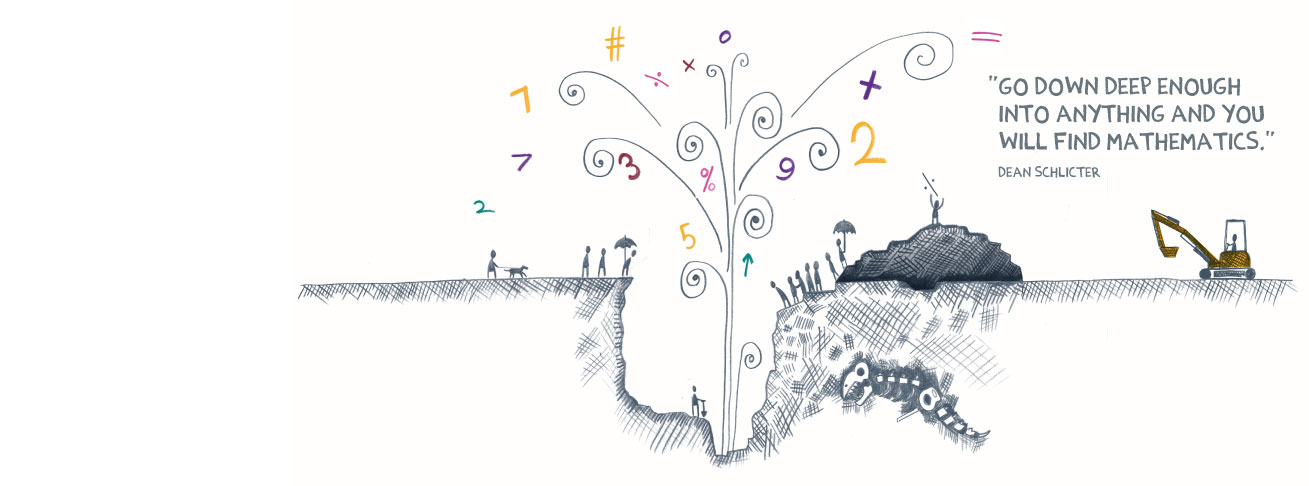Our Subject
A-Level Statistics is an engaging and highly applied course for students eager to work with data to understand the patterns and trends shaping today’s world. Statistics is essential for analysing real-world situations across many disciplines, including data science, environmental studies, psychology, economics, and biology. This subject moves beyond pure mathematics to emphasize practical applications in data-driven fields, helping students develop problem-solving, analytical, and critical thinking skills that are essential in many careers. By the end of the course, students will have the expertise to interpret data confidently and make informed, evidence-based decisions.
To study Statistics at Bilborough College, you need at least a Grade 6 in GCSE Mathematics. This foundational knowledge ensures you are well-prepared to approach statistics concepts that build on core mathematical principles.
We currently recommend not to plan to study A-Level Statistics alongside A-Level Mathematics to give you a broad set of future progression options.
Not on target for 6 grade at GCSE but still want to continue with Maths at Bilborough? Consider Mathematical Studies as part of your programme of study.
Our links with HE
A-Level Statistics equips students with a toolkit of skills highly valued in higher education. In today’s data-driven academic landscape, statistical skills support a wide range of university courses and professional fields. Students will gain expertise in data analysis, interpretation, and critical evaluation—skills that are crucial in disciplines where research and evidence-based conclusions are essential.
Studying A-Level Statistics can directly benefit students pursuing degrees in:
- Psychology: Understanding and analysing research data.
- Economics and Business: Interpreting market trends and making data-informed decisions.
- Biology and Health Sciences: Conducting scientific research and interpreting experimental results.
- Geography: Analysing environmental and demographic data.
- Data Science and Computer Science: Building a foundation for managing and interpreting large data sets.
In addition to subject-specific skills, students will develop effective communication, logical reasoning, and precision in analysis—skills crucial to success in any university program. A solid grounding in statistics prepares students to approach higher education with the confidence to analyse complex information, collaborate effectively, and engage in research and problem-solving.

